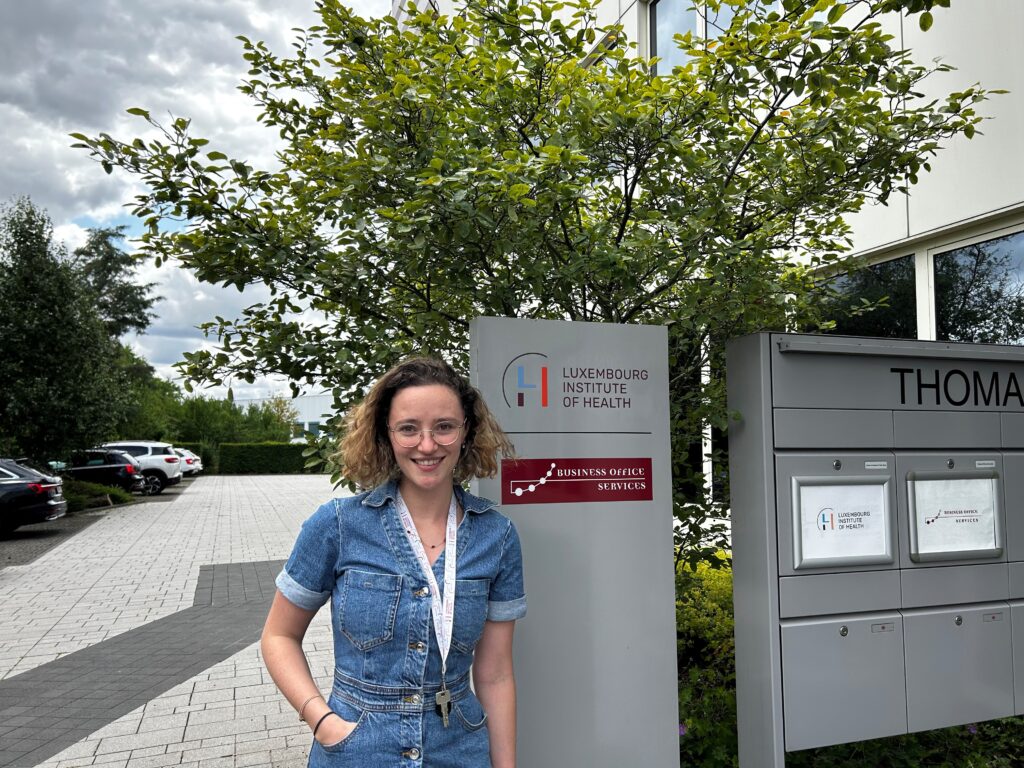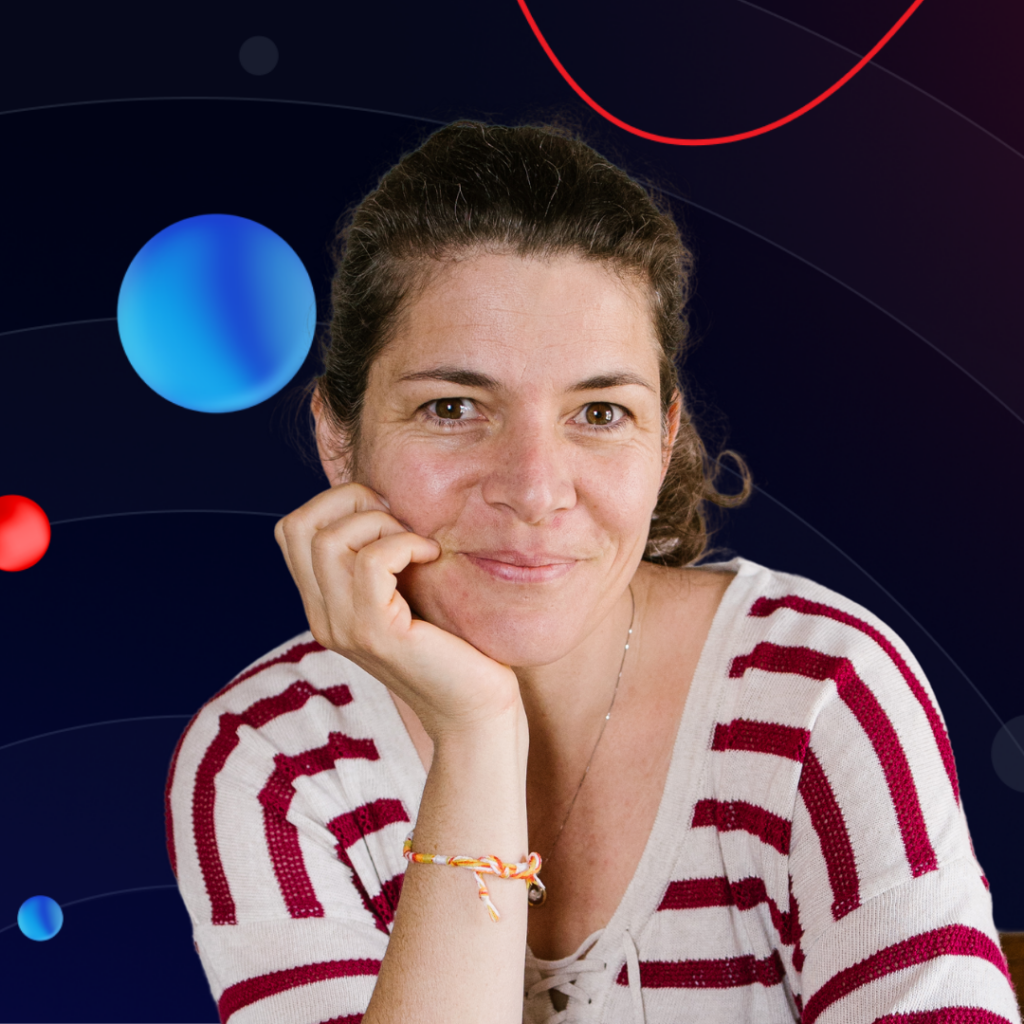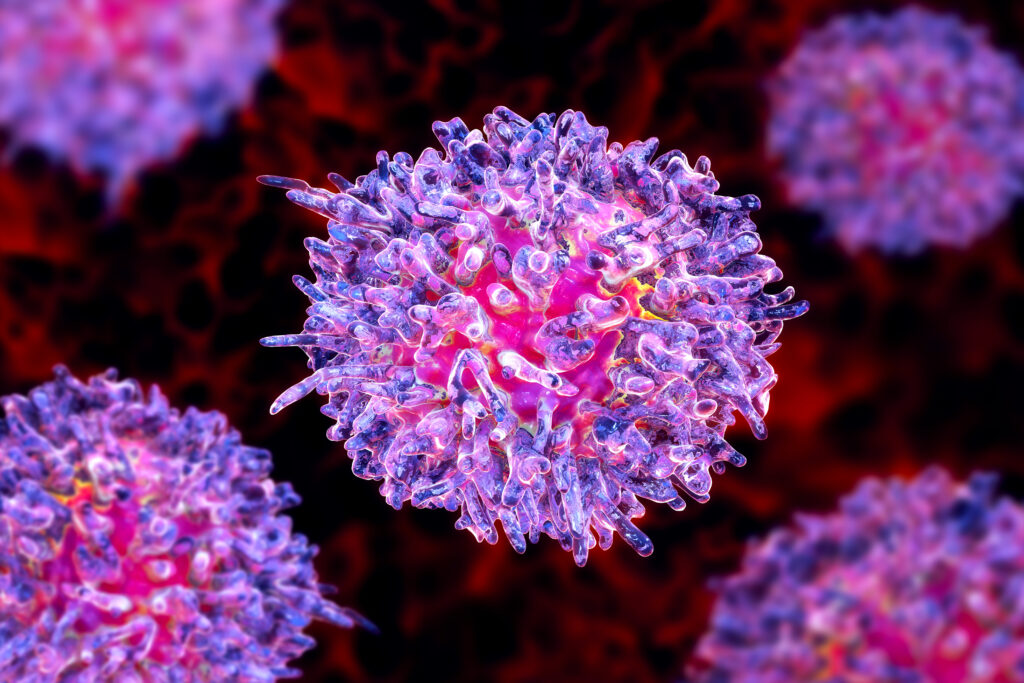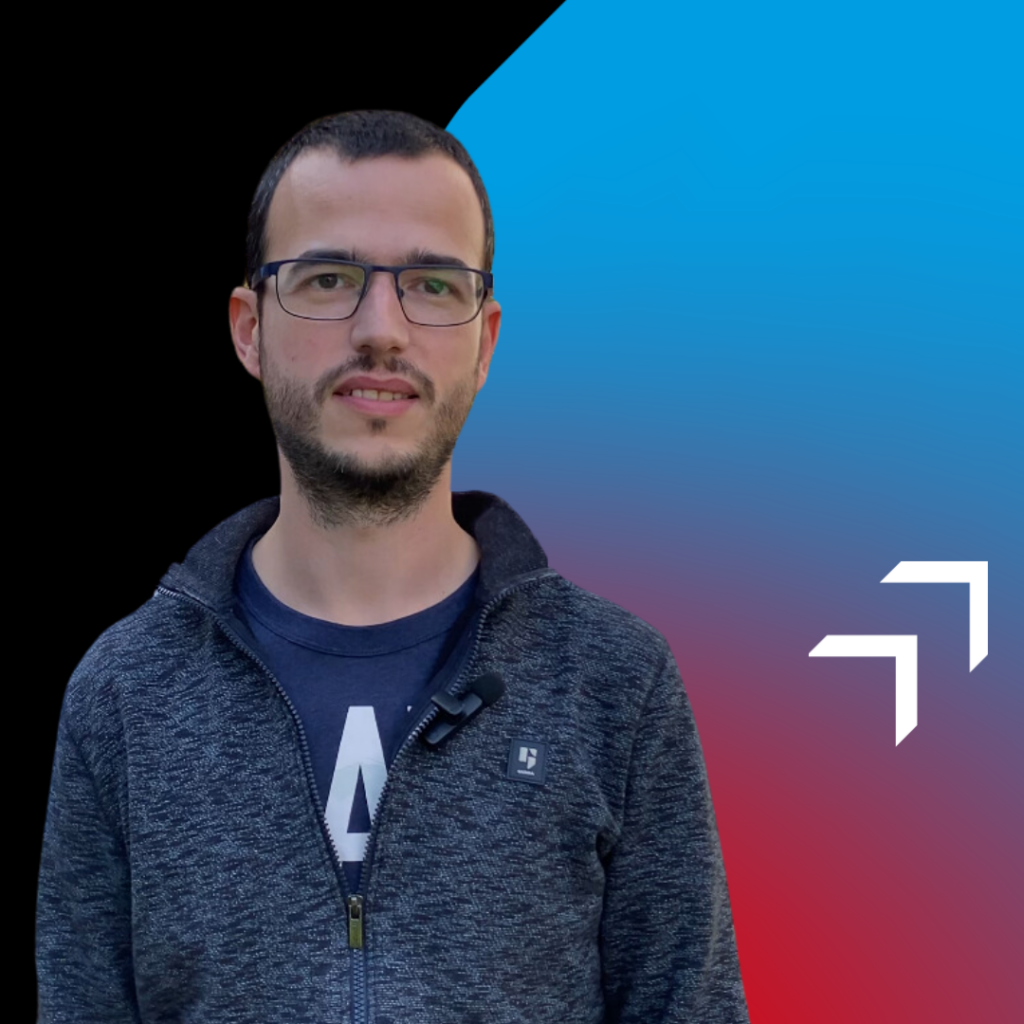In Conversation With Our Young Researchers: India Pinker
08 December 2023

Cancer disparities
Older adults are more likely to be diagnosed with advanced cancer or in an emergency setting. Dr India Pinker is more specifically working at understanding their treatment decision-making process, which is more subject to psychosocial impact.
What are the key moments in the older adults cancer pathway where inequalities are likely to occur and where integrating psychological knowledge into healthcare practices could be useful?
Dr India Pinker is a postdoctoral fellow in the Ageing, Cancer and Disparities Research Unit (ACADI) at the Luxembourg Institute of Health (LIH). Specialised in health psychology, her research work aims at understanding the treatment decision-making process for treatment of cancer in older adults in Luxembourg.
Reducing cancer disparities
Dr India Pinker has joined the new Ageing, Cancer and Disparities Research Unit (ACADI), set up by Dr Sophie Pilleron, an FNR ATTRACT fellow, who has expertise in cancer epidemiology in older adults. The ACADI research team investigates key moments in the cancer pathway where inequalities are likely to occur, namely pre-diagnosis, treatment decision-making, and active treatment, and propose recommendations and interventions relevant for patients, public health and clinicians.
More specifically, India Pinker is looking at understanding the nuances of treatment decision-making process, which is more subject to psychosocial impact than other areas as a result of the limited evidence base from which to inform treatment decisions for this group. Indeed, clinicians have not historically had access to evidence-based treatment strategies for older adults because of underrepresentation of older patients in clinical trials.

In doing so, we may work on reducing the disparities in cancer care that are so apparent for older patients, by identifying room for improvement and proposing tailored training to medical staff.
India Pinker
In addition to improving the quality and types of evidence for treatment decision-making, integrating patient values in a shared decision-making process is important, particularly because of the complexity of cancer treatment and the high uncertainty around treatment benefits.
More about cancer research in Luxembourg
A research destination for translational medicine
Health psychologist by background, Dr Pinker started her research journey by looking at understanding how psychological, behavioural, and social factors influence physical health and well-being. The goal being to foster overall well-being by integrating psychological knowledge into healthcare practices.
At the University of St Andrews in Scotland, her PhD was focused on the role and impact of clinical empathy in healthcare practice and education. India Pinker had a primary focus on healthcare communication and the importance of training it during health professional education to provide high-quality genuinely patient-centred care. This in turn, can reduce disparities in the reception of care and the patient is considered as an individual with their specific needs accounted for more adeptly.

We all have different backgrounds with the same goals. Our differences make us stronger and lead to a more comprehensive approach to solutions and getting to the root of what is most important to address. Using this interdisciplinary approach we can create a genuinely patient-centred approach as we can address issues from many angles.
India Pinker
This is why Dr Pinker chose Research Luxembourg to pursue her research career: a research place translational by nature, which encourages collaborations between disciplines and fields. As the LIH’s patient-centred approach places an emphasis on conducting innovative research that has a tangible impact on patients and population health, Luxembourg stood out as an ideal research destination for Dr Pinker as it closely aligns with her research focus and ideals. The translational nature of the institute ensures that the research outcomes are implemented in real-world patient settings, leading to genuine improvements in healthcare outcomes and overall population well-being.
Moreover, the research culture in Luxembourg embraces interdisciplinary approaches as a catalyst for pushing research boundaries and finding comprehensive solutions. By leveraging the strengths of different disciplines, researchers expand their awareness and creatively tackle complex problems from multiple angles.
The multicultural environment and collaborative nature of interdisciplinary research is one of the most rewarding elements of doing research here in Luxembourg.
India Pinker

“Summer an der Stad”
In addition to the gold-standard infrastructure for research uphold in Luxembourg – particularly for health-related research – Dr India Pinker is also enjoying the diversity and way of life in Luxembourg.
I love the energy the city has in the summer where all talents are show cased and the vibrancy of the international scene can really be felt.
India Pinker
She particularly enjoys the summer period, where there is always something interesting happening. “Summer an der stadt” is a big bonus according to her. She also enjoys how the city sets up events or advertises activities that make it easier to get to know it well and to make the most of it.













